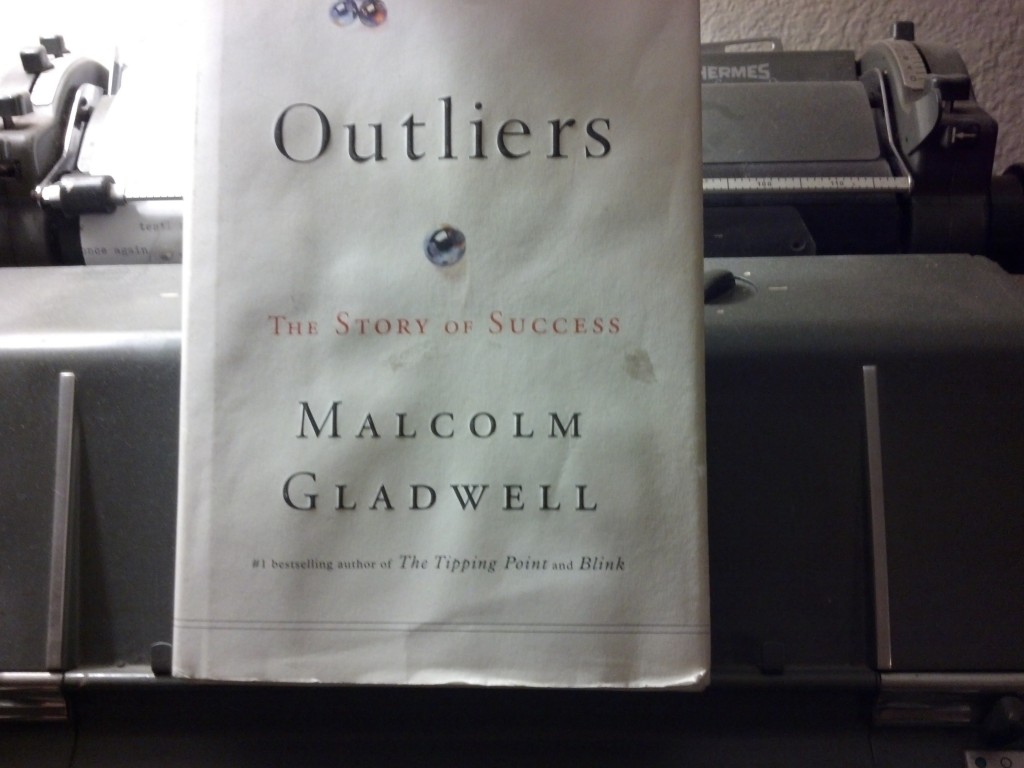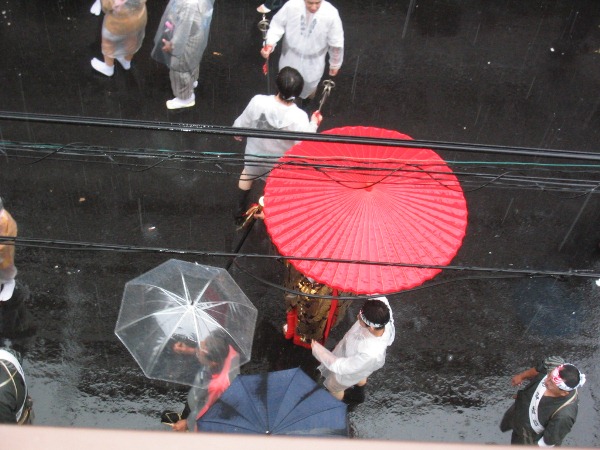
One of the best parts of my new schedule is the Coffee-and-Reading Hour I carve out before work a few days every week.
On these days, I wake up at 4:45 a.m. and go to the gym for a swim from 5:30 to 6:30 a.m. After that I hustle to a nearby coffee shop at 7 a.m., which gives me a solid, uninterrupted hour with my book, before I head off for work at 8 a.m.
Aside from helping me avoid most of rush-hour traffic, this head start on the day gets my mind moving early. By the time I get to my desk I’m usually awake, inspired and ready to get stuff done.
Book selection plays an important role in creating this refreshing jumpstart. I try to keep the subject matter varied, thought-provoking, inspiring and ideally, not related to triathlon, social media or other stuff that consumes most of my waking hours.
It’s a built-in escape of sorts, and a great way I’ve found to incorporate regular creative breaks into my routine.
Recent books include The 4-Hour Work Week (which helped me focus on efficiency – both professionally and personally – set goals, and develop strategies to accomplish New Year’s and Training Resolutions), Walkable City (which sparked an interest in urban planning and ideas to fix Phoenix), and the latest: Outliers by Malcolm Gladwell.
In Outliers, Gladwell’s third book after The Tipping Point and Blink), the pattern of enlightenment is maintained brilliantly. Like his other works, lessons from the stories will appear frequently in your daily life, and it’s a resource that you can read over and over for inspiration and focus.
Can you tell, I’m a huge Gladwell fan? Everything he writes seems to give me a new idea, make the complex simple and offers a new perspective.
Outliers – The story of success – doesn’t presume to prescribe a sure-fire pathway to success. Instead it gives context to various successes and failures, and analyzes the complexity therein.
In doing so, Gladwell serves up a healthy portion of brain food that left me chewing and savoring well after I closed the book. Here are some of my favorite lessons either directly or indirectly from the book.

Work happily, with enthusiasm
We’ve all heard about the 10,000-hour principle (ie to master a skill, one must practice it for at least 10,000 hours). No question that there are rarely shortcuts to success and few substitutes for honest, hard, unflinching work. Winners don’t complain or make excuses, because they view setbacks as opportunities and keep moving.
However, there’s a difference between toiling away at something with no direction, and work that is satisfying, exciting and productive. When you’re pursuing a passion, the end goal isn’t always clear. But the fire you feel should be a sign of a worthwhile effort – and that flame should be fed, fanned and doused in kerosene.
Gladwell says there are three qualities that work has to have if it is to be satisfying: autonomy, complexity and a connection between effort and reward.
I hope to pursue, create and find these characteristics, with excitement and an opportunistic attitude, every day – and minimize the times when they’re absent.

Then see the moment, and seize it.
The Beatles and Bill Gates both spent over 10,000 hours working at their crafts. But hard work alone doesn’t guarantee success. They were fortunate to have that 10,000-hour base under their belts at the time their big opportunities presented themselves. When that moment came around, they were ready and hit the ground running, while everyone else landed flat-footed.
Obviously, not everyone is that lucky. But the lesson is to always be preparing and looking for that opportunity – because those moments exist in varying degrees throughout life. Play to your strengths, work hard at your passions (even when the return is unclear), wait out the lulls and swing for the fences when you get your pitch.

Recognize the power of cultural background and upbringing,
“It’s not enough to ask what successful people are like, it is only by asking where they are from that we can unravel the logic behind who succeeds and who doesn’t.”
As with most of Gladwell’s pieces, Outliers articulates the impact of the stuff below the surface. Ancestry, cultural background and upbringing affect so much of who we become, and the decisions we make throughout life.
Finding a way to account for this and keep it in mind when working with others, in my opinion, would do wonders for team chemistry, organizational efficiency and effective communications.
One of the most interesting case studies from the book was the fatal string of accidents and communication breakdowns among Korean Air pilots. Gladwell showed the problems were rooted in the Korean culture’s value of unyielding respect for authority and indirect messaging from the transmitter. Basically, the co-pilots and subordinates were unable to alert the captain of critical problems because professional etiquette forbid them from speaking frankly with their superior.
These inefficiencies resonated with me, as I experienced them often during my time working in Japan – though obviously not at the same scale of those tragic failures detailed in the book.
I also liked his comparison of Christopher Langan’s and Robert Oppenheimer’s stories. Both had ridiculously high IQs, but due to different upbringings, they ended up on opposite ends of the success spectrum.
Langan had a rough childhood, and despite his intelligence, he never learned to express himself, play the game or work with authority.
On the other hand, Oppenheimer’s parents were active in his upbringing and taught him early on how to communicate with authority and formulate his messages in ways to, essentially, get what he wanted.

And adjust processes accordingly.
One of my favorite chapters was titled, “Marita’s bargain.”
It’s the story of a Bronx school system, KIPP, that found a way to get their students to shed their tough cultural identities by incorporating Asian educational theories and work ethics in their schools. Longer class periods and school days gave students the time needed to work through problems on their own and feel the reward of solving it. Teachers didn’t feel pressured for time, and a genuine incentive was found from within. Plus, eliminating summer vacation also eliminated the huge window in which man students slacked off and fell behind.
“No one…ever makes it alone.”
People don’t rise from nothing. They’re the beneficiaries of hidden advantages and extraordinary opportunities and cultural legacies that allow them to learn and work hard and make sense of the world in ways others cannot.
I hope this convinces you to read Outliers if you haven’t already, and pick it up again if you have.